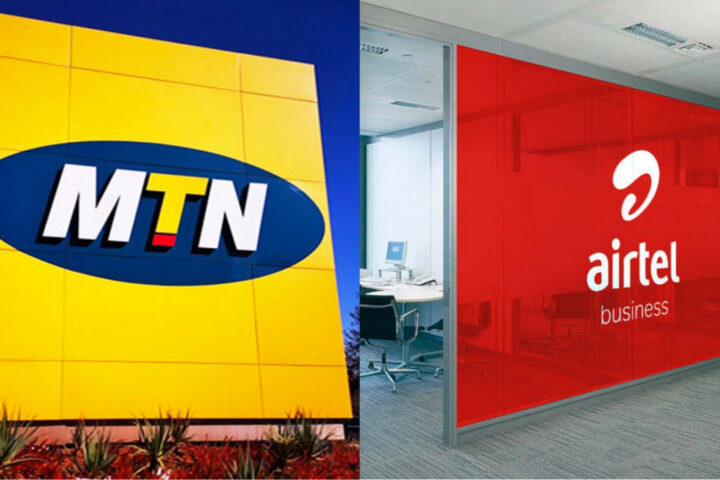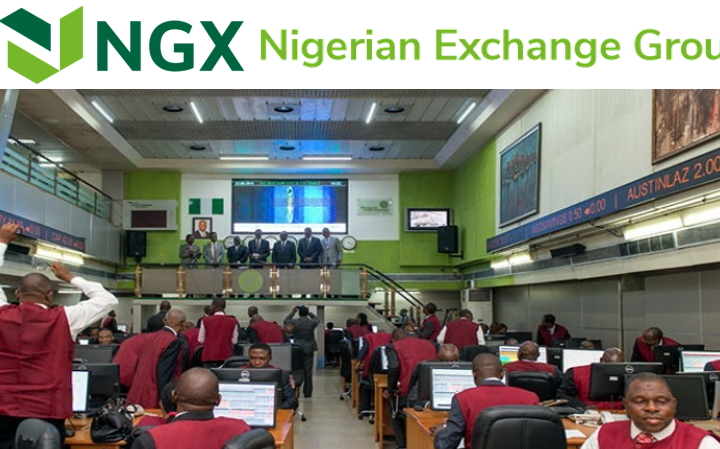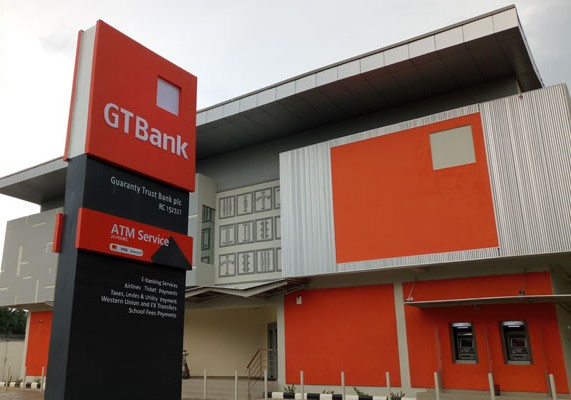… Fidelity Bank’s $400mn Notes ‘B-‘
Fitch Ratings has assigned United Bank For Africa (UBA)Plc’s new $1.5billion global medium-term note programme (GMTN), expected long- and short-term ratings of ‘B(EXP)’ and ‘B(EXP)’, respectively.
The global rating agency also assigned Fidelity Bank PLC’s $ 400 million senior unsecured notes maturing October 2026 a long-term Rating of ‘B-‘ and a Recovery Rating (RR) of ‘RR4’, reflecting average recovery prospects.
Join our WhatsApp ChannelAccording to Fitch, UBA’s earlier Issuer Default Ratings (IDR) are driven by its standalone creditworthiness, as reflected in its ‘b’ Viability Rating (VR). The VR considers UBA’s exposure to the Nigerian volatile operating environment, but also the bank’s healthy profitability and adequate capitalisation, which provide reasonable capacity to absorb losses from an economic downturn.
The programme allows for borrowings for various tenors in the form of both senior unsecured and subordinated debt notes.
It said the expected ratings are in line with UBA’s Long- and Short-Term Issuer Default Ratings (IDR) of ‘B’ and ‘B’, respectively, and apply only to senior unsecured notes issued under the programme.
“In the case of subordinated debt issuance, the issue’s features will require further evaluation for the purpose of assigning a rating.
“There is no assurance that all notes issued under the programme will be rated or that all rated notes will be aligned with the programme rating,” it observed in its latest report.
Simultaneously, Fitch has assigned the five-year senior unsecured notes issued under the US$1.5billion GMTN programme an expected ‘B(EXP)’ rating and Recovery Rating (RR) of ‘RR4′.
The assignment of final ratings to the GMTN programme and senior notes it said, is contingent upon receipt of final documents conforming to information already received by Fitch.
According to the agency, Senior debt issued by UBA under its programme constitutes direct, unconditional and unsecured and unsubordinated obligations of the bank and will rank at least pari passu with all other outstanding unsecured and unsubordinated obligations of the bank.
Similarly, the Fidelity Bank’s notes’ rating is aligned with it’s Long-Term Issuer Default Rating (IDR) of ‘B-‘, which captures Fitch’s view that the likelihood of default on these senior unsecured obligations reflects the likelihood of default of the bank.
The notes constitute direct, general, unconditional, unsubordinated obligations of Fidelity and will at all times rank pari passu, without preference among themselves, with all other unsecured and unsubordinated obligations. The proceeds will be used for general corporate purposes, including supporting the bank’s trade finance business.
Fidelity’s IDRs are driven by its standalone creditworthiness, as expressed by its Viability Rating (VR) of ‘b-‘. The VR reflects the concentration of its activities in and sensitivity to Nigeria’s challenging operating environment and is constrained by a moderate franchise, high credit concentrations, an aggressive growth appetite and asset quality pressures. These constraints are balanced against reasonable profitability, capitalisation and liquidity.
It further stated that the notes’ rating would be downgraded if Fidelity’s Long-Term IDR was downgraded. This may result from its impaired loans ratio rising above 10 per cent and aggressive growth that results in very thin buffers over regulatory requirements or a sharp decline in its Fitch Core Capital ratio.

















Follow Us